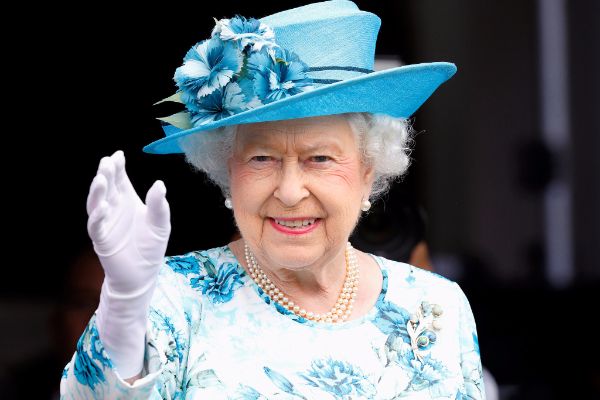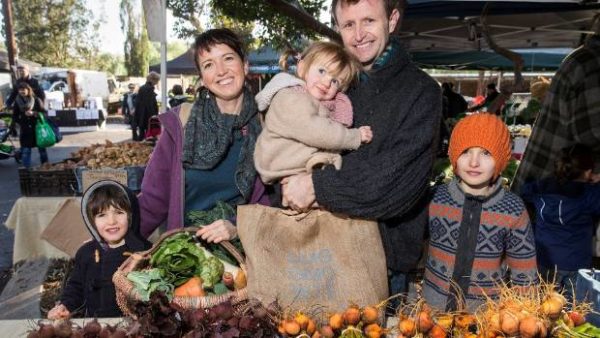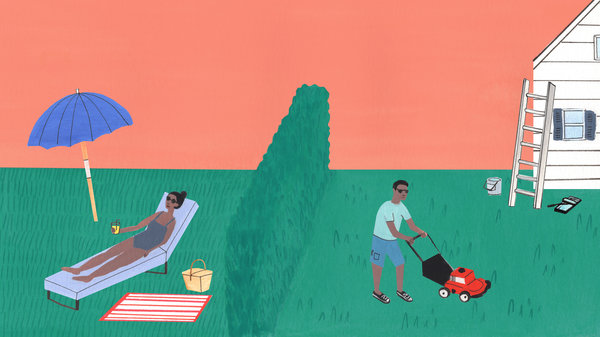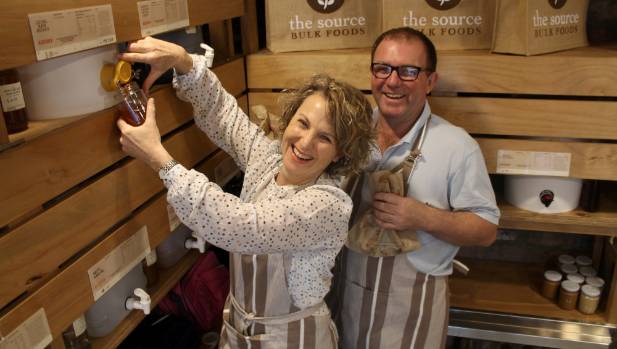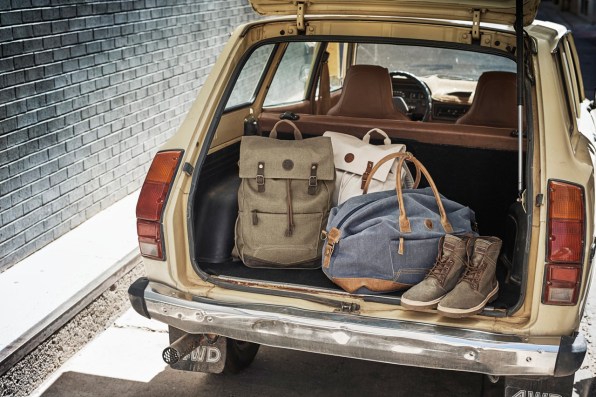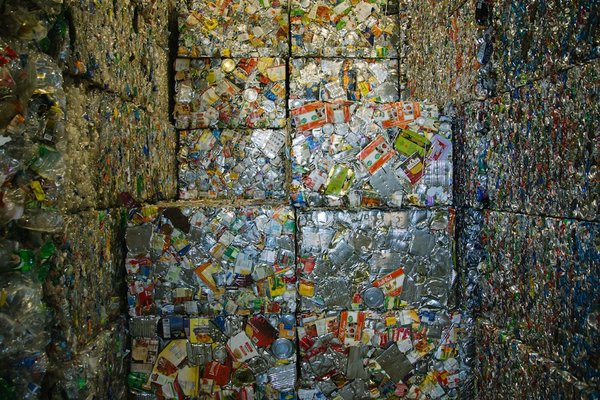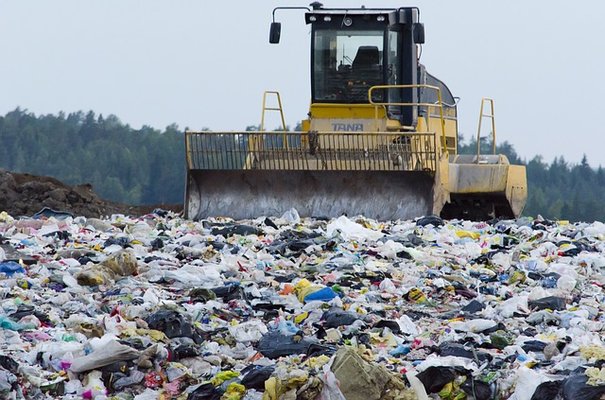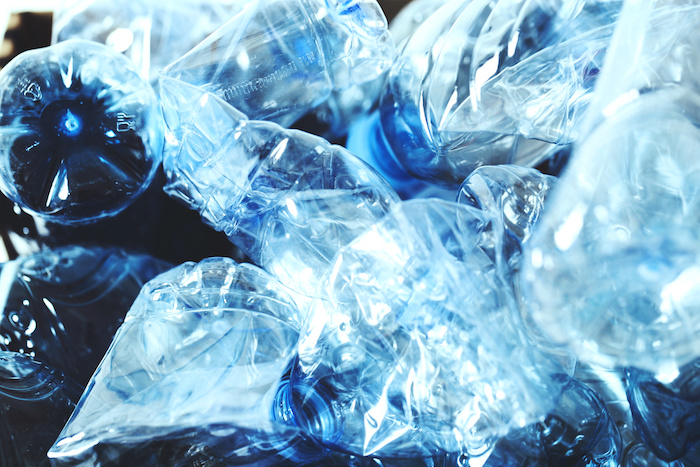In 2017, the BBC produced a series called Blue Planet II, led by environmentalist and celebrated documentarian, David Attenborough. The show invited land-dwellers into the depths, to meet the strange and fascinating creatures who live there. But it also showed the devastating effects our plastic use is having on marine life.
Business Insider reports that someone posed to make a big difference in the United Kingdom was also watching: Queen Elizabeth. The Queen has long been a fan of Attenborough’s work, and she was also moved by this project. Buckingham Palace just announced some sweeping changes to be made on the royal estates at her directive.
“Across the organization, the royal household is committed to reducing its environmental impact,” said a spokesman for Buckingham Palace. “As part of that, we have taken a number of practical steps to cut back on the use of plastics. At all levels, there’s a strong desire to tackle this issue.”
Continue reading... →